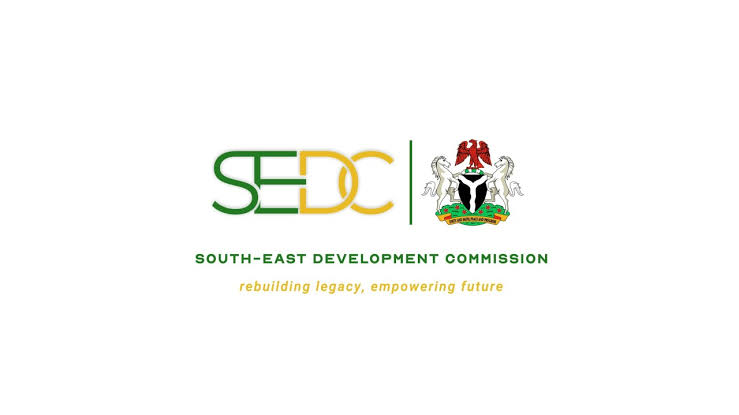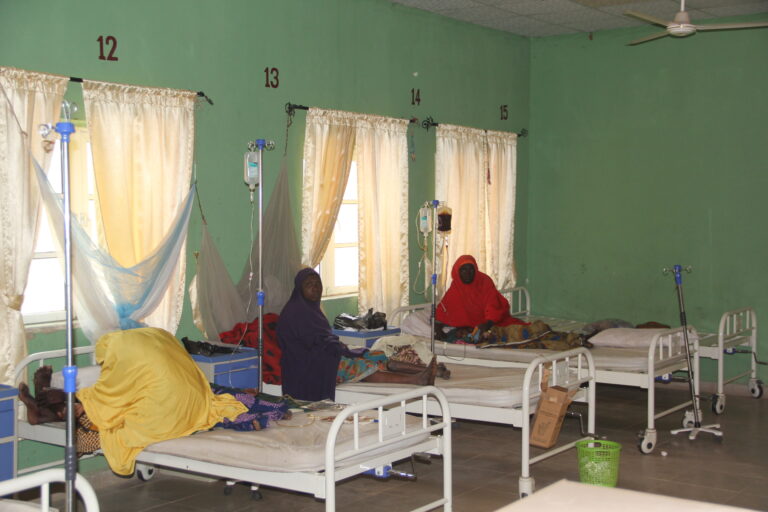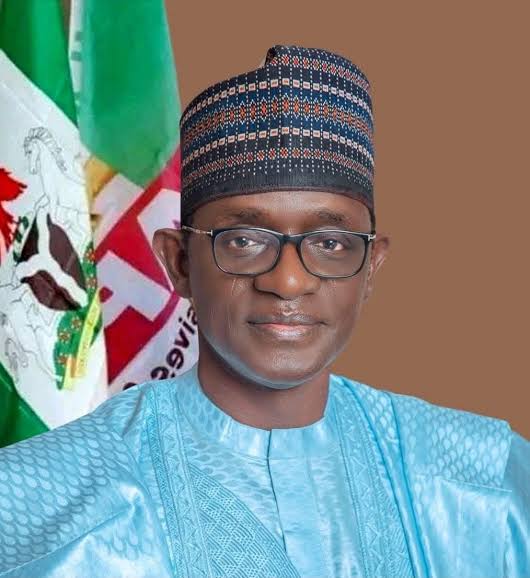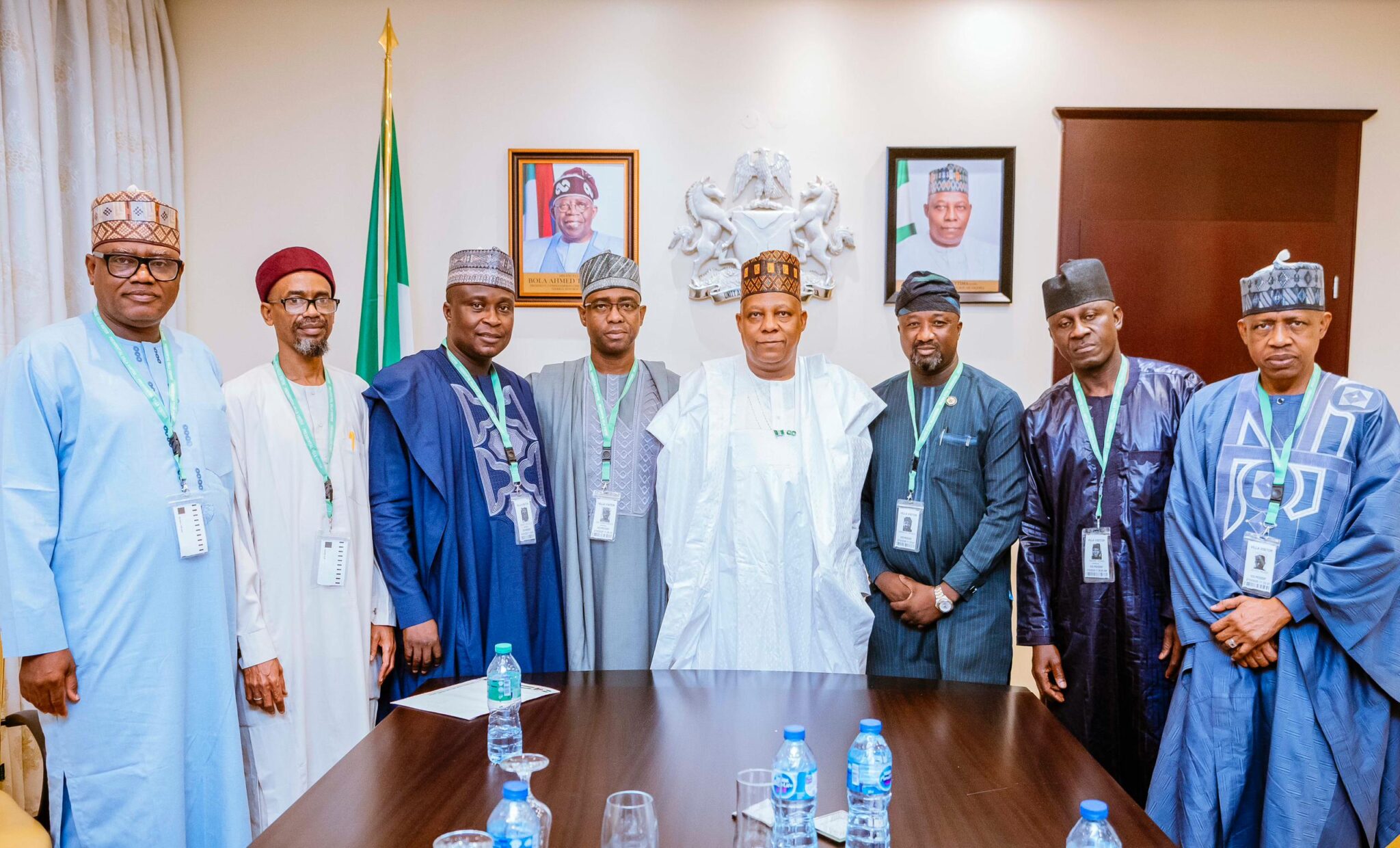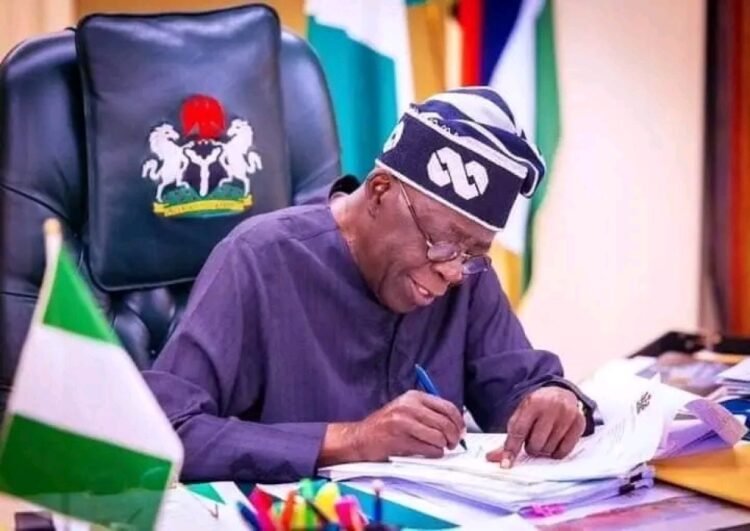National Housing Fund collection hits N103bn in 2024 – FMBN
By Angela Atabo
The Federal Mortgage Bank of Nigeria (FMBN), says the National Housing Fund (NHF) collection has increased to N103 billion in 2024.
Shehu Osidi, the Managing Director and Chief Executive of the bank, stated this at a news conference on Wednesday in Abuja.
He said the bank achieved a record-breaking collection for the NHF, which is the highest since inception.
The manager said the bank, under his stewardship, set out a bold vision to transform its operations through efficiency and transparency, to positively impact Nigeria’s housing and mortgage finance sector.
According to Osidi, the focus has been on institutional reforms, financial sustainability, and stronger stakeholder collaboration to ensure the bank effectively delivered affordable housing solutions to Nigerians.
“Under the NHF operations, our collections grew by N3 billion in 2024 resulting in a total collection of N103 billion, compared to the N100 billion recorded in 2023.
“This increase in NHF contributions demonstrates renewed trust and participation in the NHF scheme by Nigerian workers,” he said.
Osidi said that a total of 658 organisations and 178,619 employees had been registered in 2024 compared to 556 and 113,577 in 2023, respectively.
He said the bank also signed a Memorandum of Agreement (MoA) with the Kano state government on Jan. 31, to facilitate the return of its workers to the NHF scheme after a 24-year absence.
This, he said, would significantly boost NHF collections in 2025, given the Kano state’s workforce of over 160,000 employees.
Osidi said the bank had made notable financial improvements, recording an operational surplus of N11.58 billion in its 2024 management accounts.
“This is the first such experience since FMBN came into existence over 30 years ago.
“Although this figure is expected to decrease significantly after applying impairment, we are taking a proactive approach to address all aspects of our operations that contribute to high impairments.
“This includes tackling the high volume of non-performing loans inherited by the current management..
“We are also pursuing with great efforts the recapitalisation of the bank. A grossly inadequate capital of N2.5 billion hinders the capacity of the bank to perform optimally.
“These achievements underscore our commitment to ensuring that FMBN remains a financially viable institution, capable of fulfilling its mandate of driving affordable homeownership in Nigeria,” he said
Osidi stated that under the bank’s loan operations, a total of N71.5 billion was approved in 2024, indicating a significant increase from N39.7 billion in 2023.
On refund, Osidi said that N14.4 billion was disbursed to 44,333 beneficiaries in 2024, compared to N13.2 billion paid to 40,426 beneficiaries in 2023.
According to him, the bank is heavily weighed down by Non-Performing Loans (NPLs), majorly due to the quality of credit in its books.
To address the problem, Osidi said the bank adopted proactive loan appraisal processes to improve credit quality, reduce loan defaults, and enhance recovery mechanisms.
He said that seven recovery task teams were inaugurated to recover delinquent loans in the country.
“As a direct result of this initiative, we have recovered N10.9 billion in bad loans through the recovery teams.
“This is in addition to our normal recovery activities which also yielded the sum of N3.1 billion in 2024,” he said.
The manager said the bank successfully resolved several long-standing NPL cases, with five currently awaiting final Board and Ministerial approval for exit. (NAN)(www.nannews.ng)
Editing by Kevin Okunzuwa






